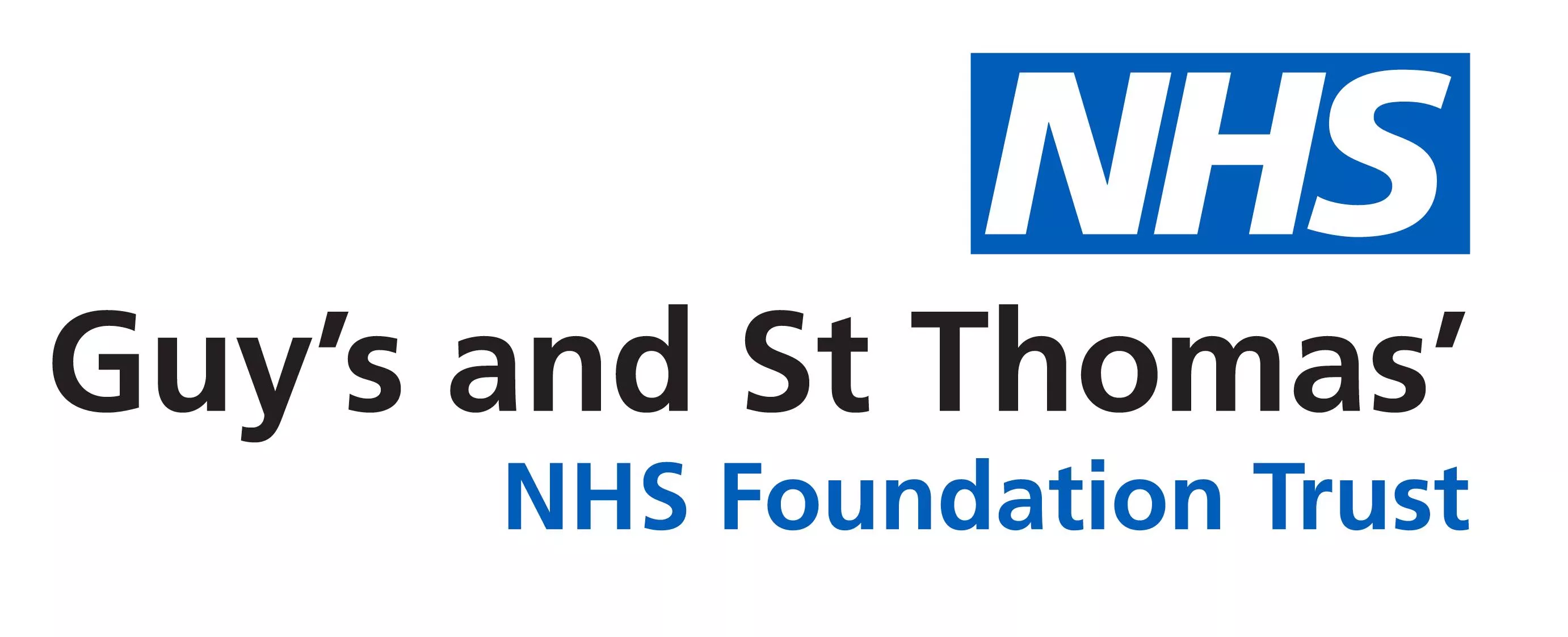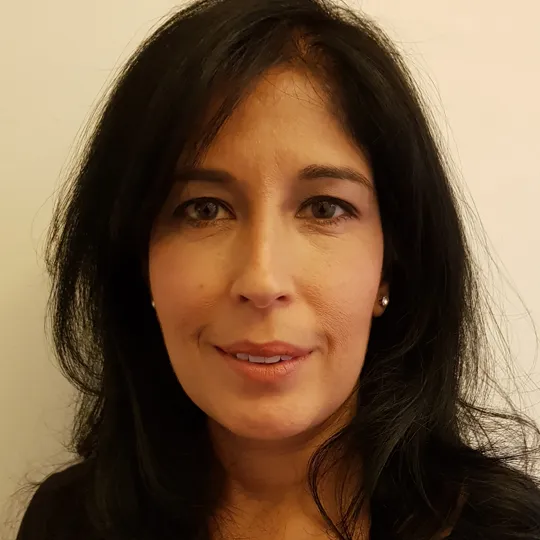MIMSA - Oral Microbiome & Mucosal Immunity in COVID-19 disease

The COVID-19 pandemic has had a major impact across the world over the last 2 years. In the UK, patients of South Asian origin have higher mortality from COVID-19 than most other ethnic groups, of which patients of white ethnic origin are lowest. This, even after adjusting for underlying health conditions. The coronavirus responsible mainly infects the lining of the mouth, nose, throat and lungs, leading to potentially severe respiratory infections. These sites have their own community of fungi, bacteria and viruses (microbiome) which helps to protect against infections. The role of immunity at these sites (mucosal immunity) or of previous oral disease in COVID resistance, susceptibility or severity is currently unknown.
Early in COVID-19 infection, there are extremely high amounts of COVID virus in the saliva and mouth. Accompanying this, are high levels of different factors involved in immune responses – some of which protect against the infection, whilst some damage the mouth and lungs. The microbiome in the mouth had been closely linked to respiratory disease in general, and upsetting the normal, healthy balance of different microbes in these communities is possibly a factor in how severe the disease becomes, and what the long-term effects are.
Aims
In this study, we are investigating whether variations in the strength or “shape” of the immune response to the virus affects how likely someone is to catch COVID, how severe the disease becomes and how well they recover. To do this, we aim to compare the immune responses in the blood and the mouth, as well as the microbiome in the mouth between South Asian and white ethnic populations.
We are looking to recruit people with either South Asian or white ethnicity. In particular, we are looking for people without COVID infection (vaccinated or unvaccinated), as well as people who are, or who have been, COVID-positive with none, or mild or severe symptoms. We would like to collect saliva and blood up to three times over 90 days. These samples will then be analysed with the latest cutting-edge techniques to determine what microbes are present, and what shape the immune response has. In doing so, we will identify the factors which potentially explain the differences in susceptibility and severity of COVID-19 between South Asian and white ethnic groups.
Please find more on our participant information sheet here.
Trials design
Basic Study Protocol:
http://www.kcl.ac.uk/dentistry/assets/mimsa-1-protocol-v3-02.05.2023.pdf
Outputs
List of abstracts presented at national and international meetings:
Abstracts:
https://www.kcl.ac.uk/dentistry/assets/mimsa/mimsa-abstract-4-eniya-immunocon2024-t-cells-covid.pdf
https://www.kcl.ac.uk/dentistry/assets/mimsa/mimsa-abstract-7-ide-periodontology-iadr-barcelona.pdf
https://www.kcl.ac.uk/dentistry/assets/mimsa/mimsa-7-mark-iadr-2025-a1-mk2-poster.pdf
https://www.kcl.ac.uk/dentistry/assets/mimsa-abstract-8-for-iadr-barcelona-2025-cytokinesb.pdf
https://www.kcl.ac.uk/dentistry/assets/mimsa/mimsa-abstract-9-gita-perio-and-covid-2023.pdf
Summary of Findings
Lay summary of the results of the study as of March, 2025:
https://www.kcl.ac.uk/dentistry/assets/lay-summary-of-mimsa.pdf

Principal Investigators
Investigator
Affiliations
Funding
Funding Body: UK Research and Innovation (UKRI)
Amount: £433,238.74
Period: May 2021 - November 2023
Contact us
Stephen Challacombe – stephen.challacombe@kcl.ac.uk
Mark Ide – mark.ide@kcl.ac.uk




